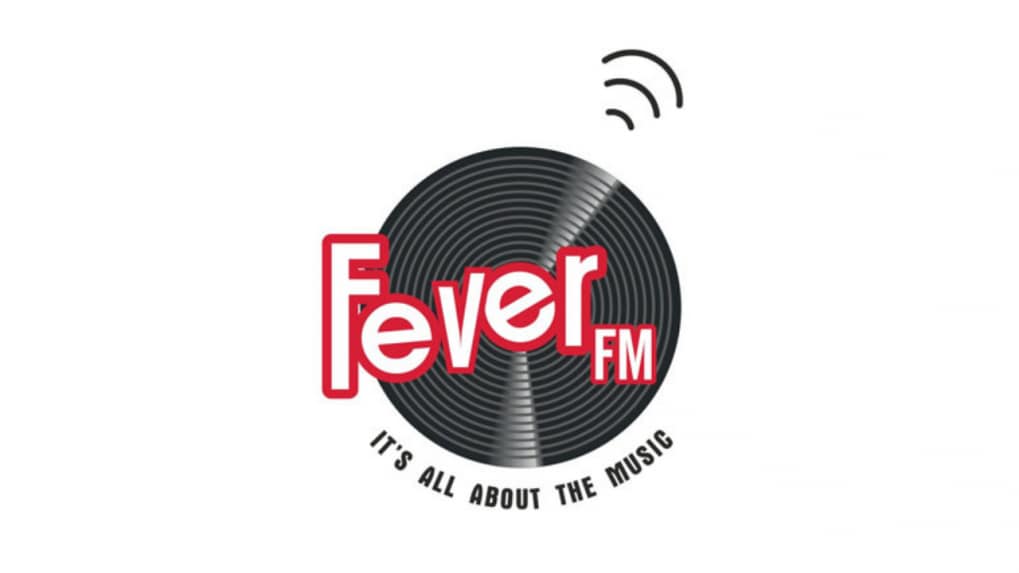Brand Makers
Dil Ka Jod Hai, Tootega Nahin

HT Media and Ramesh Menon, CEO of audio business, HT Media Group recently announced the shutting down of the Fever FM radio station, a part of the Fever Network.
This however, was an elaborate marketing ploy. The radio station is not actually shutting down. It is simply moving to a new digital home.
As per sources, HT Media is changing its position away from “Baap of Bollywood” to appeal to a new digital-native audience. Its claims of shutting down the radio channel was a launch marketing gimmick, it seems.
src="https://www.linkedin.com/embed/feed/update/urn:li:ugcPost:7157931673714651139" height="863" width="504" frameborder="0" allowfullscreen="" title="Embedded post">
Via a LinkedIn post, Menon shared, “It is with a heavy heart we bring to you this urgent announcement. You our partners and our listeners have been with us through our ups and downs and our thick and thin but we must make this decision for all. Radio has been a part of your journey, figuratively and literally. Everyday. But as they say, all journeys must come to an end and the end for Radio is closer than you expect.”
Fever Network was launched in 2006, and has 22 stations across 15 cities in India. The Fever Network includes Fever FM, Radio One, Radio Nasha, and Punjabi Fever.
"The raucous, almost deafening, cuss words from the heartland that Piyush Pandey used with gay abandon turned things upside down in the old world order."
Read MoreFrom OpenAI’s ChatGPT-powered Atlas to Microsoft’s Copilot-enabled Edge, a new generation of AI-first browsers is transforming how people search, surf and interact online — and reshaping the future of digital advertising.